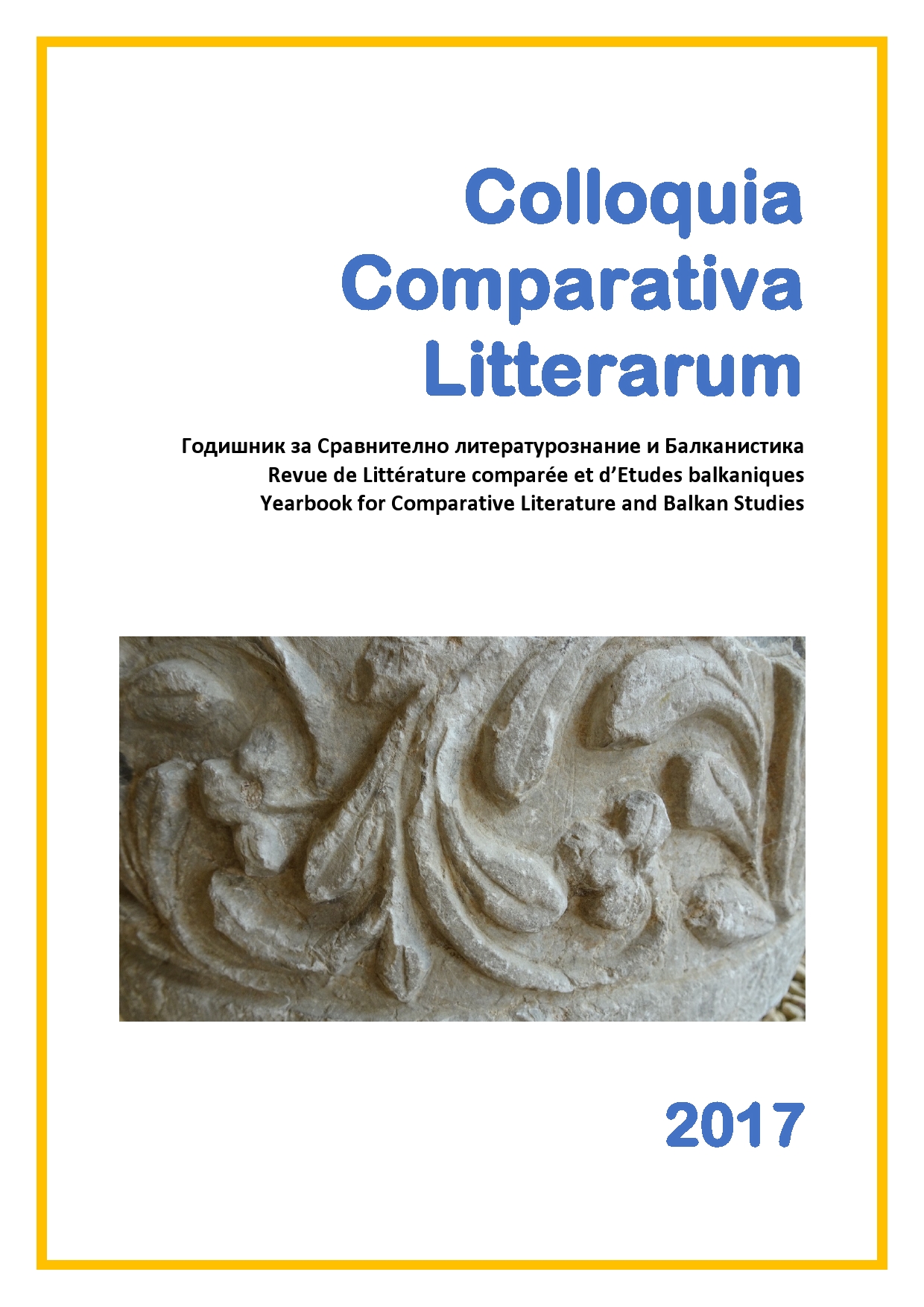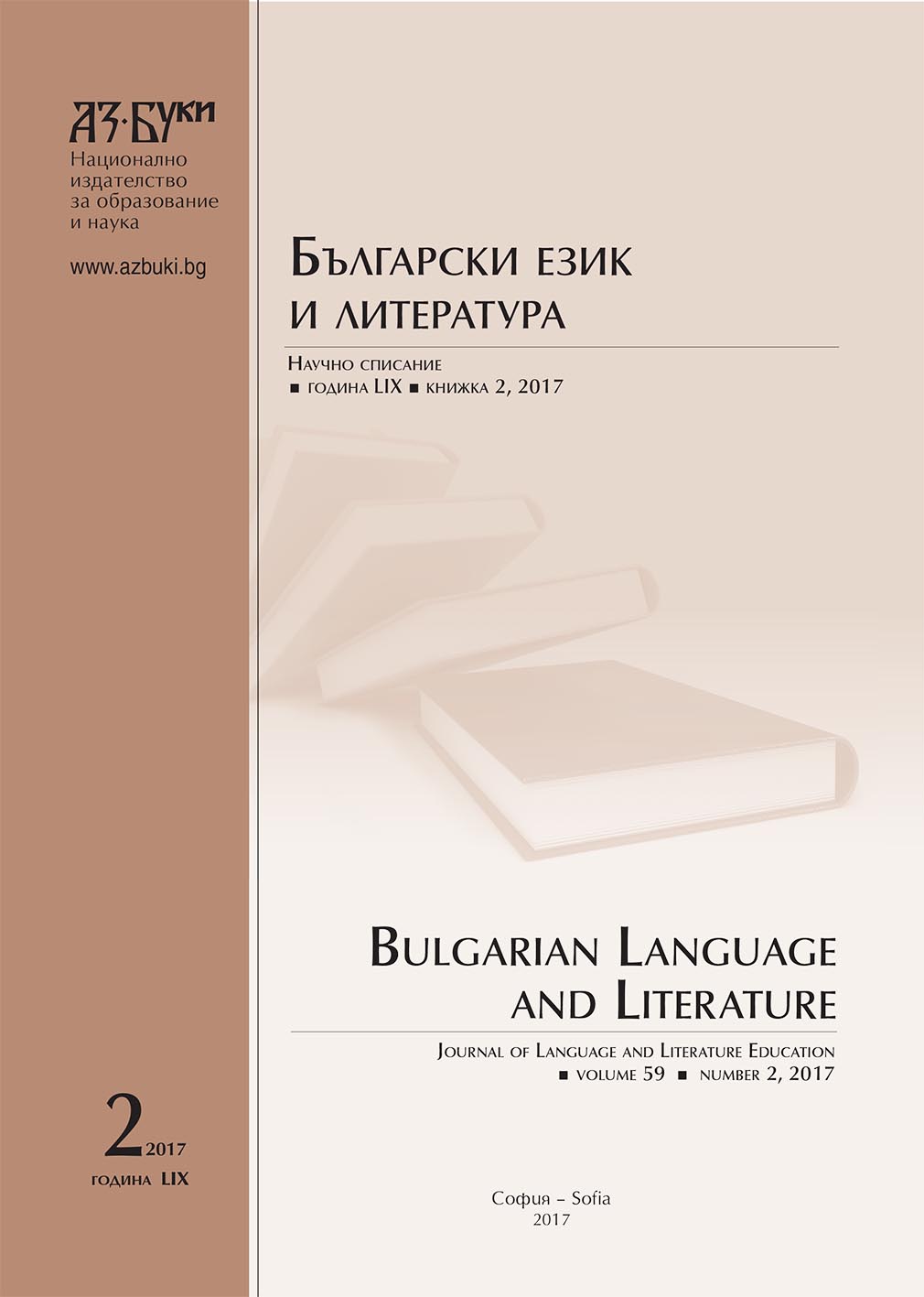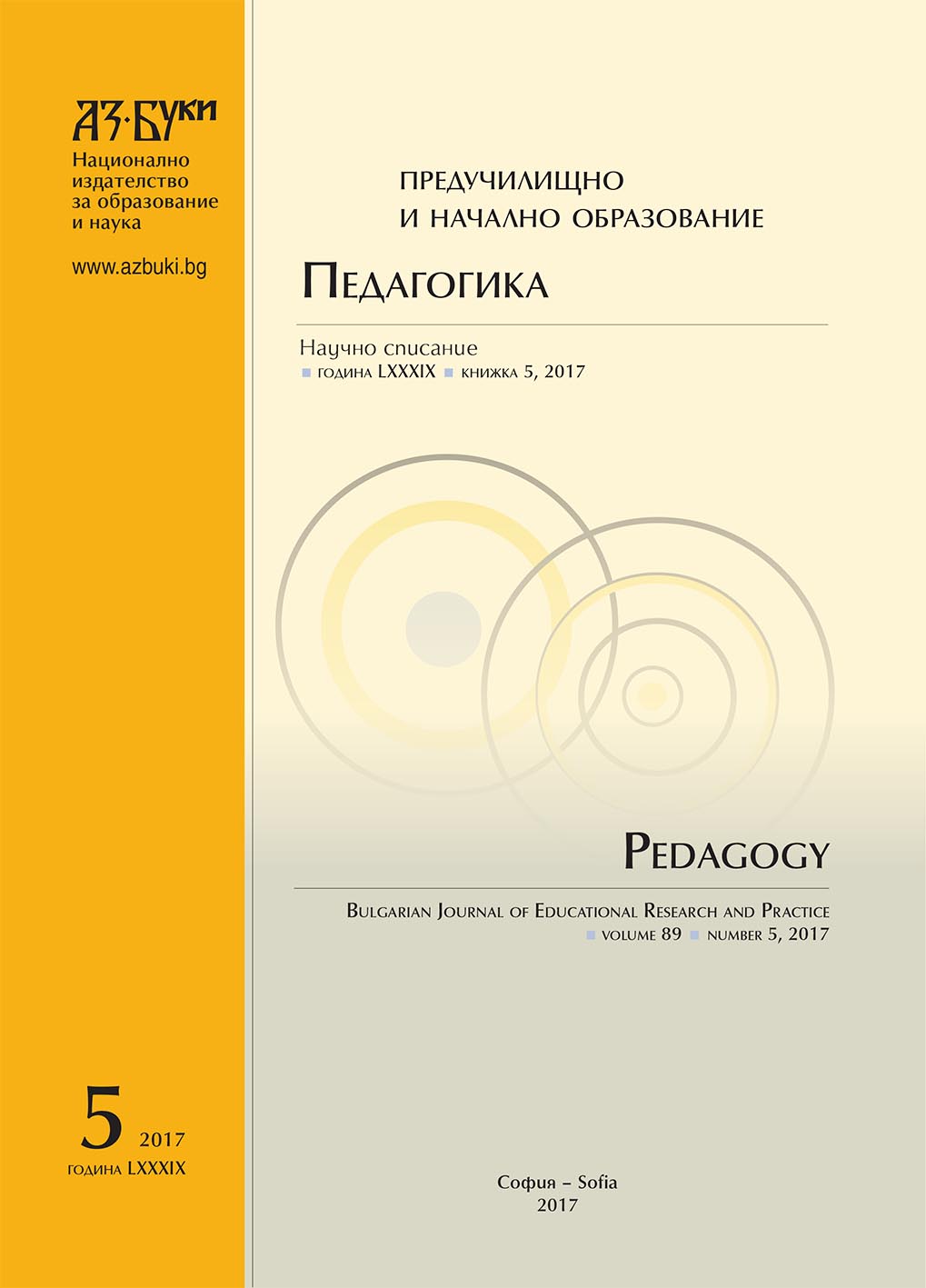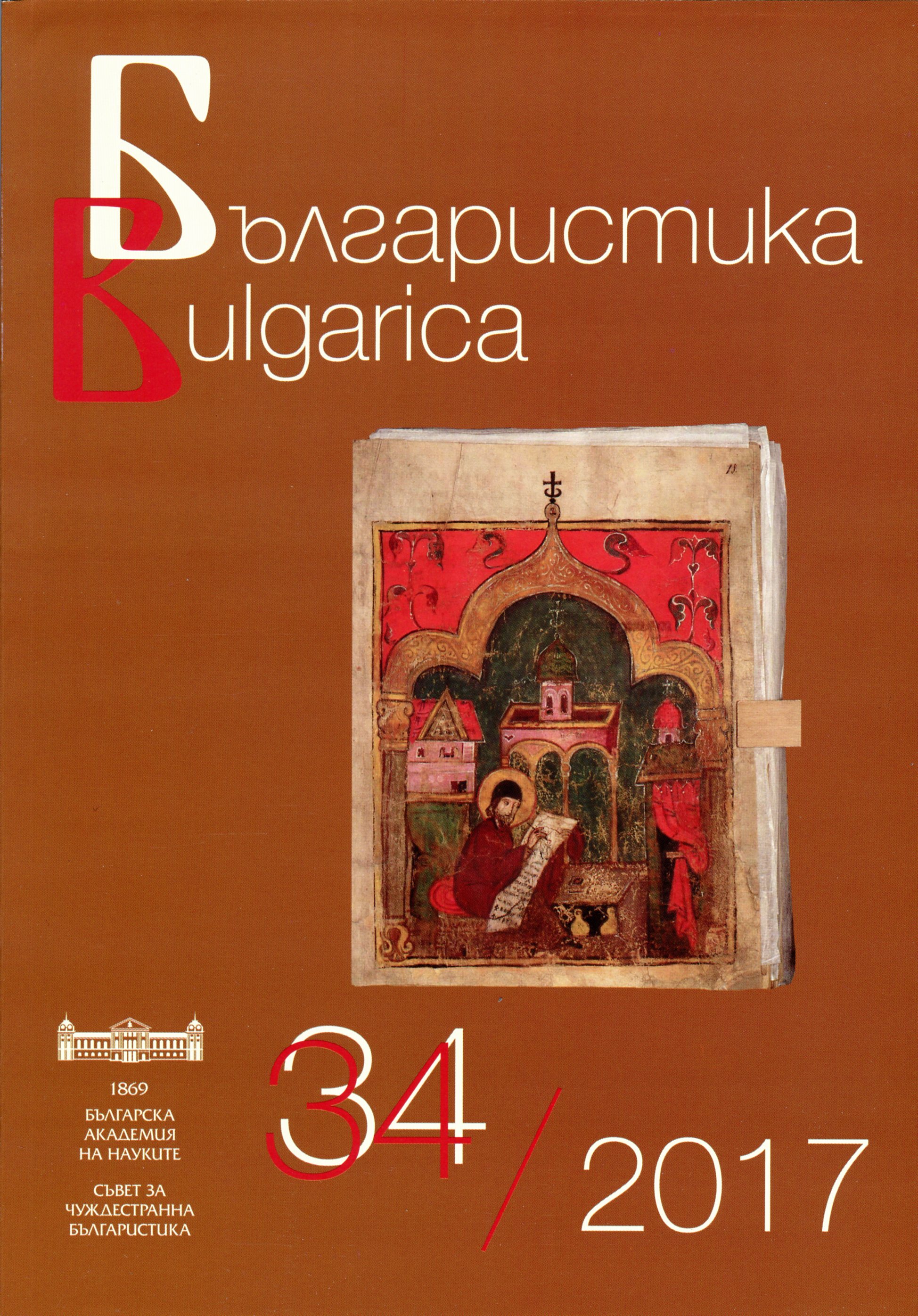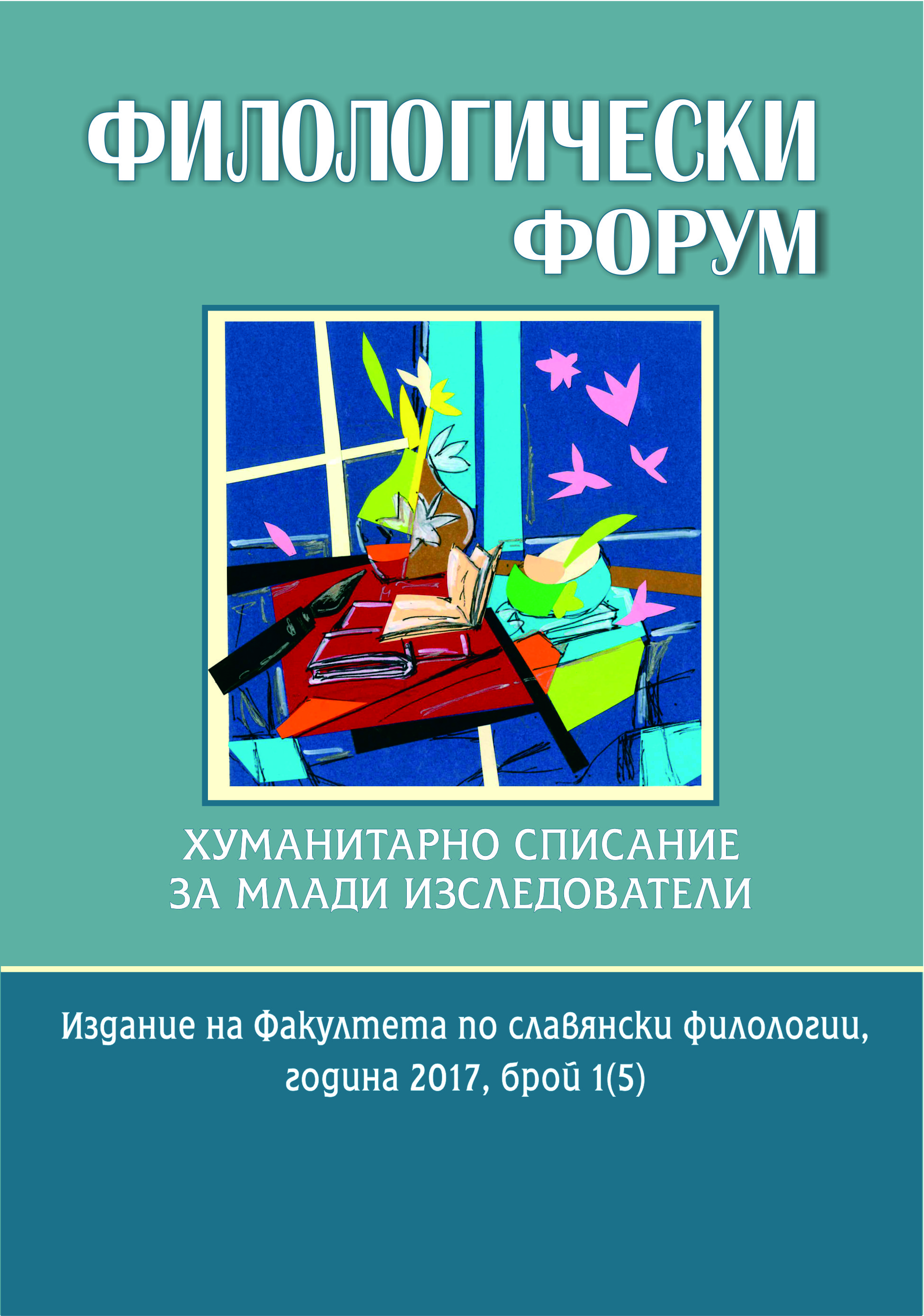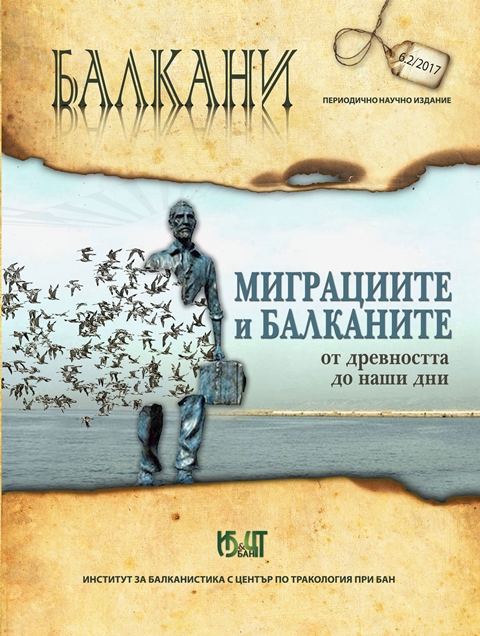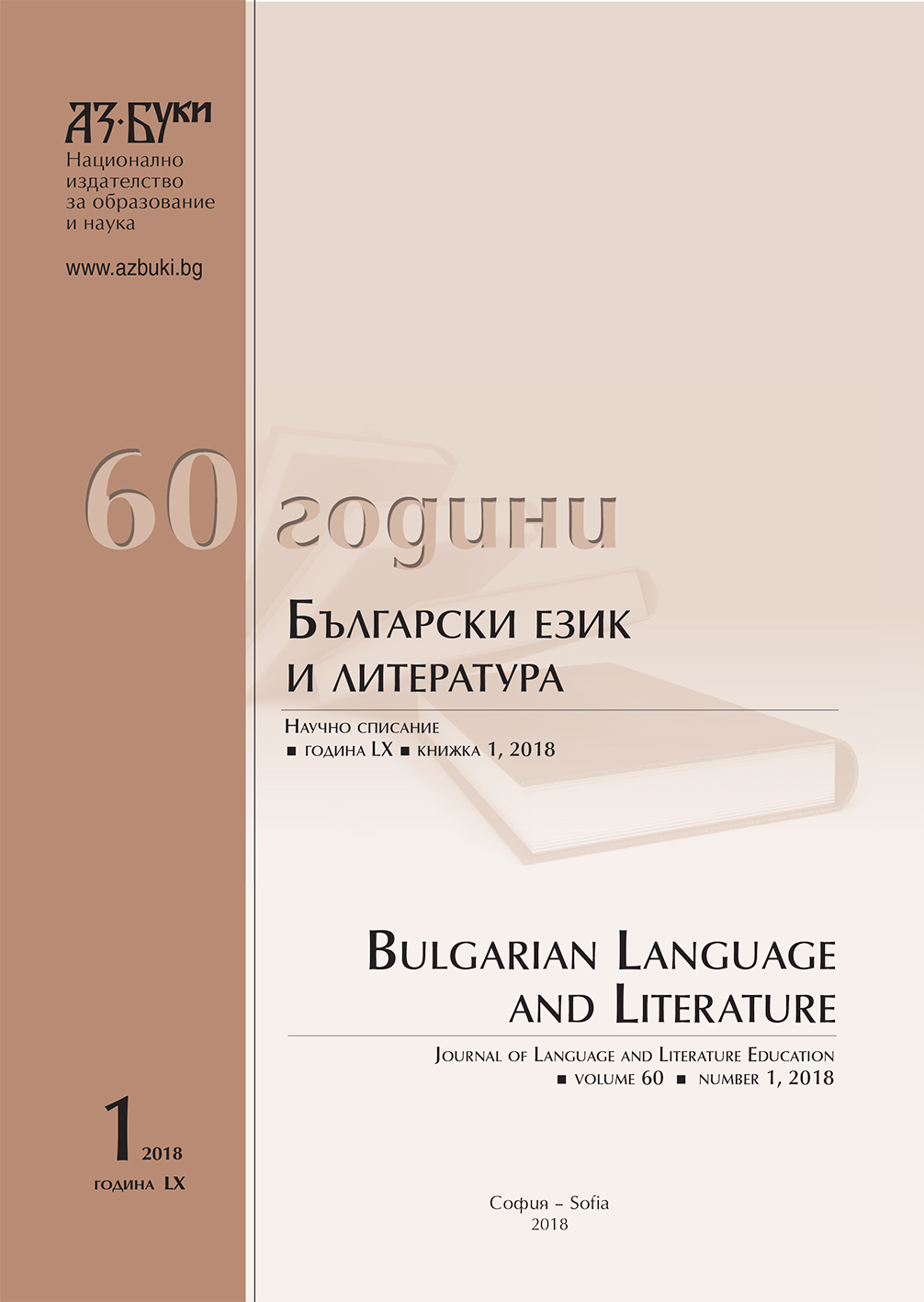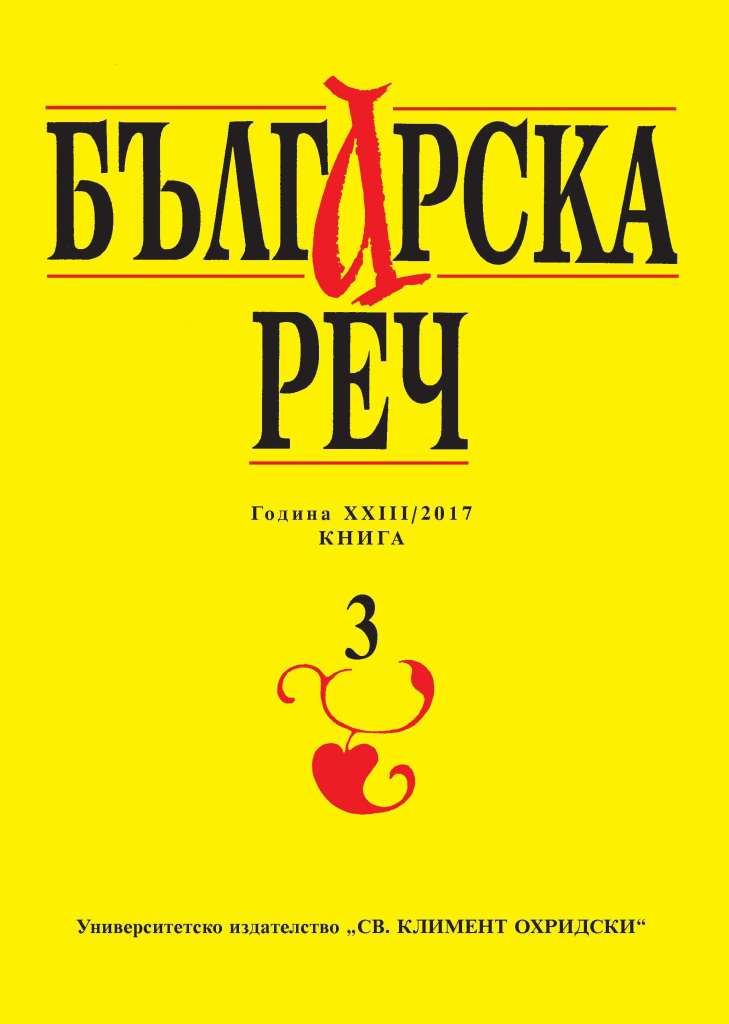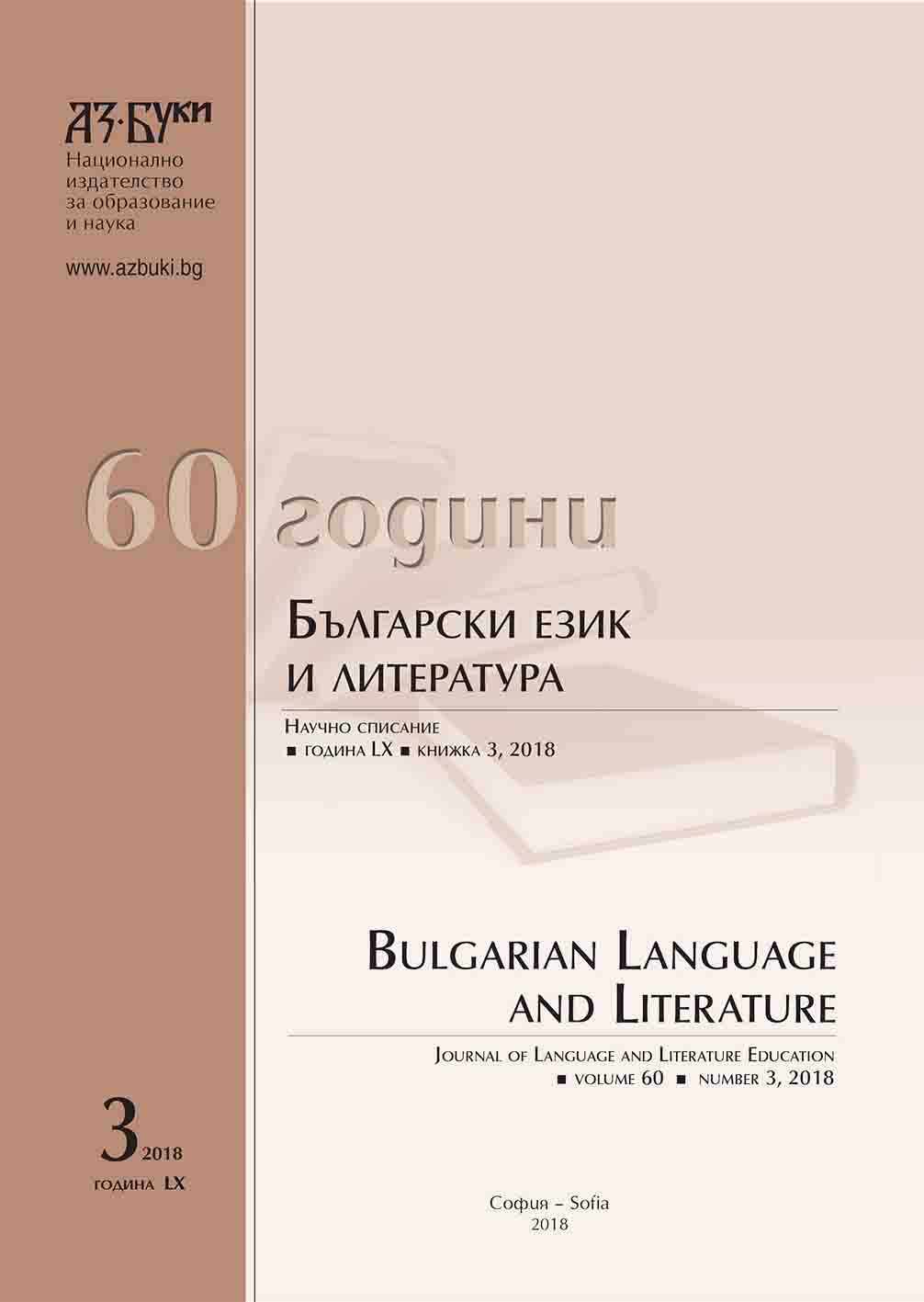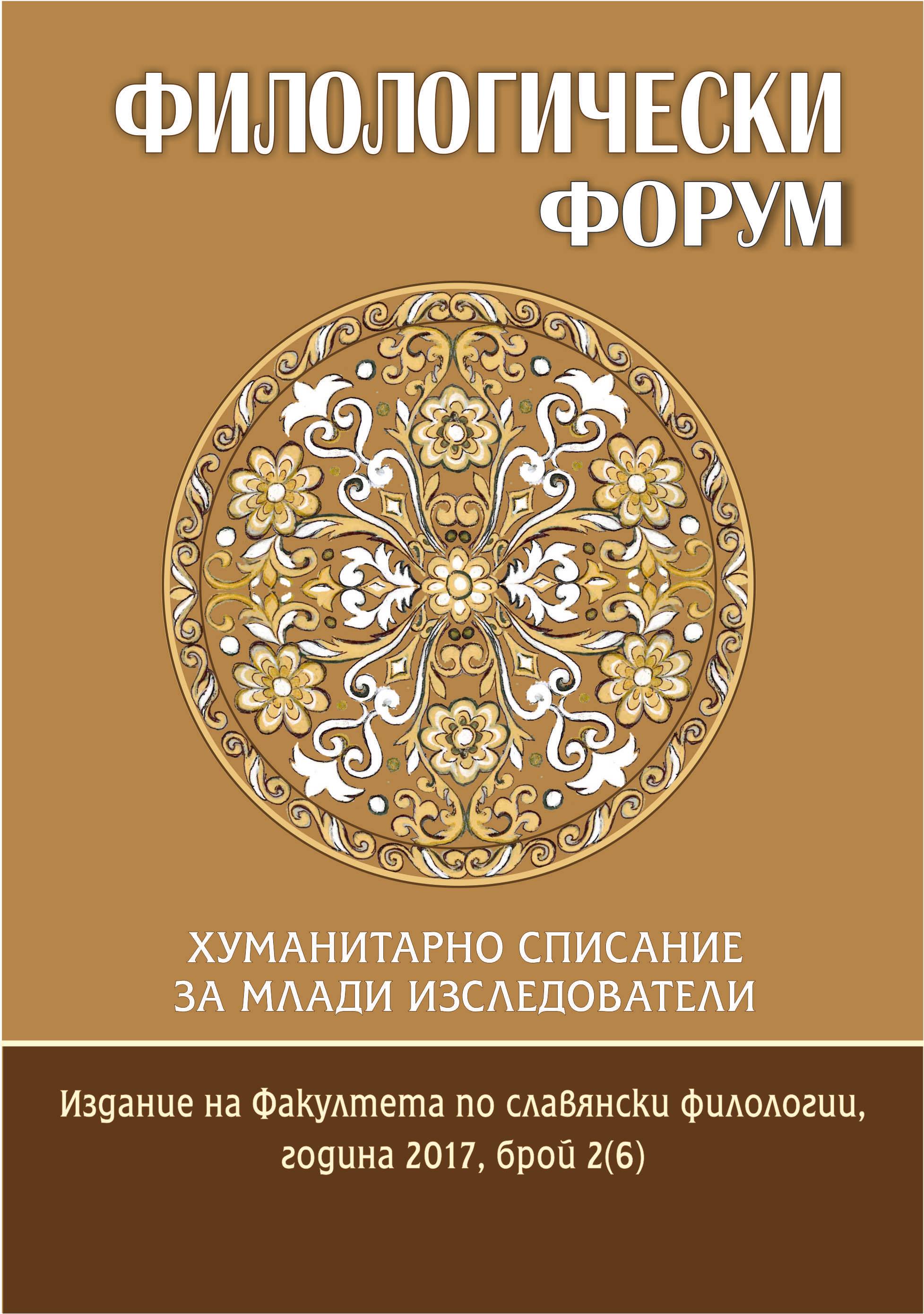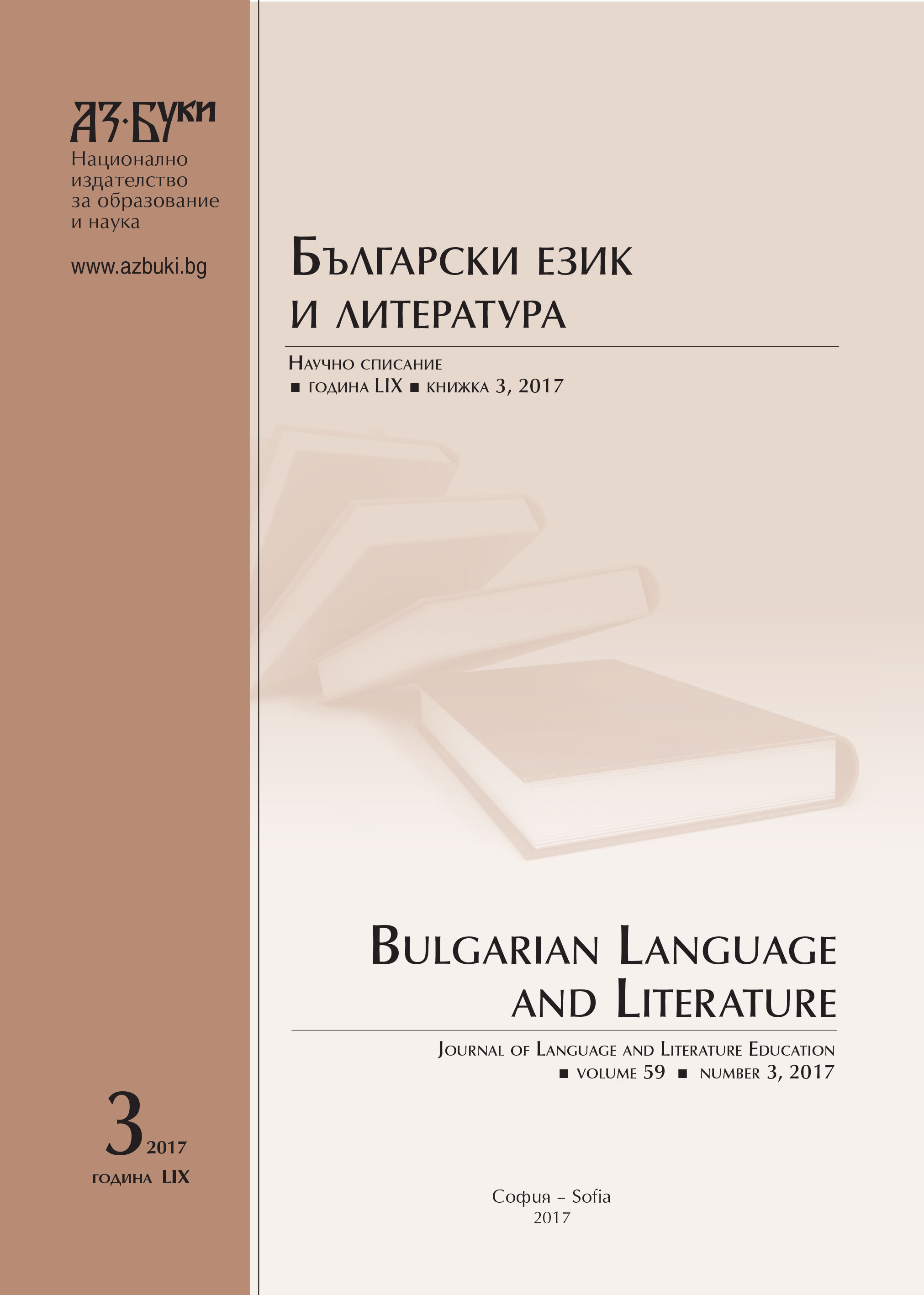
Поетът като критик. От „На острова на блажените“ на Пенчо Славейков до „Около една стара песен“ на Димчо Дебелянов
In the article is considered the problem for the place of literary criticism, history and theory in literary studies. It’s developed the thesis that we should follow the principle ‘from author to author’, so it can be differentiated thematic-problematic circle: biography – critics arguments of the author – literary text. For this purpose is given a meaning to the anthological and critical thinking of Pencho Slaveykov in ‘On the Isle of the Blessed’ and in the essay of Dimcho Debelyanov ‘About an old song’, poses the problem for dedication to the art.
More...
